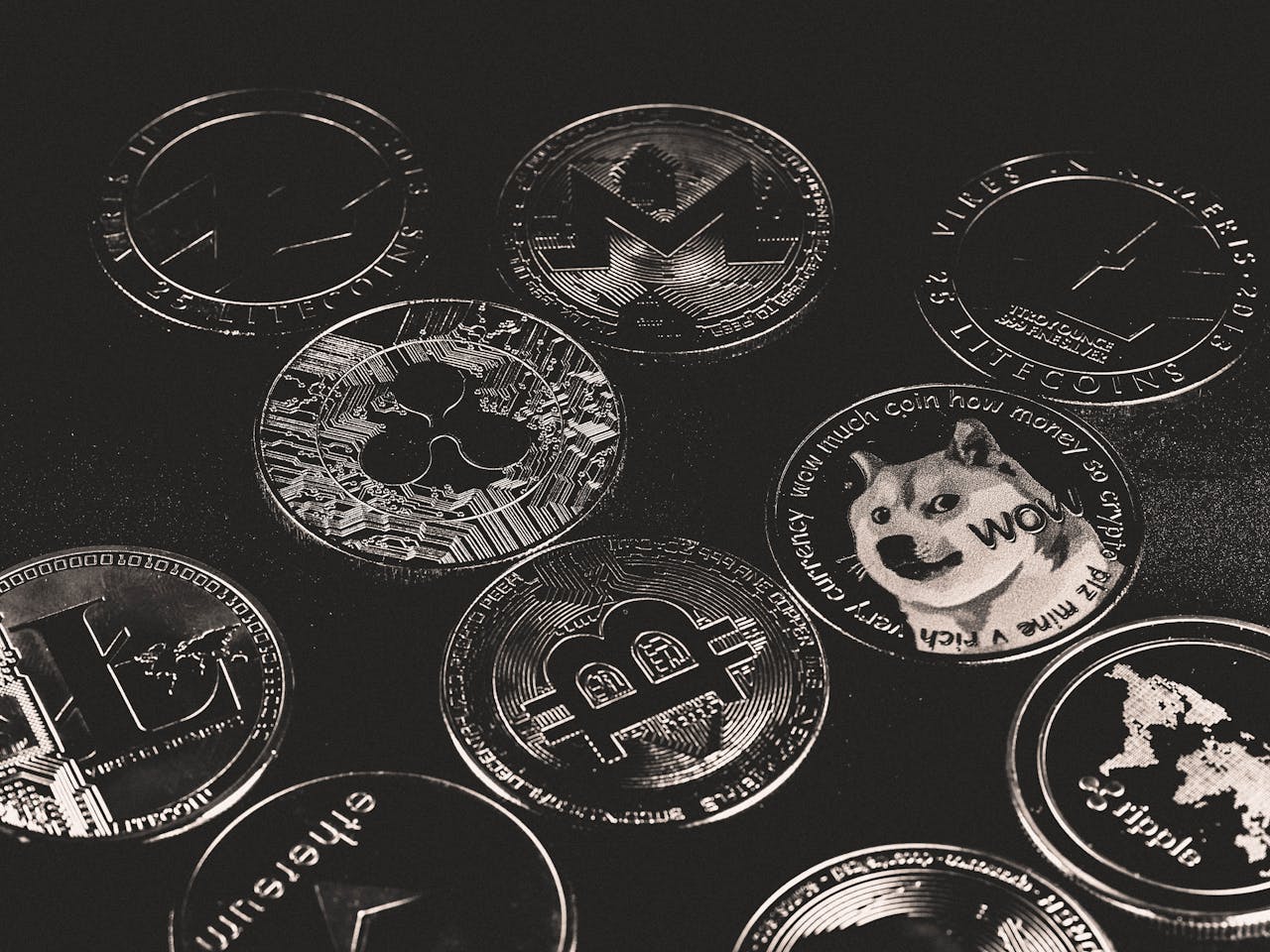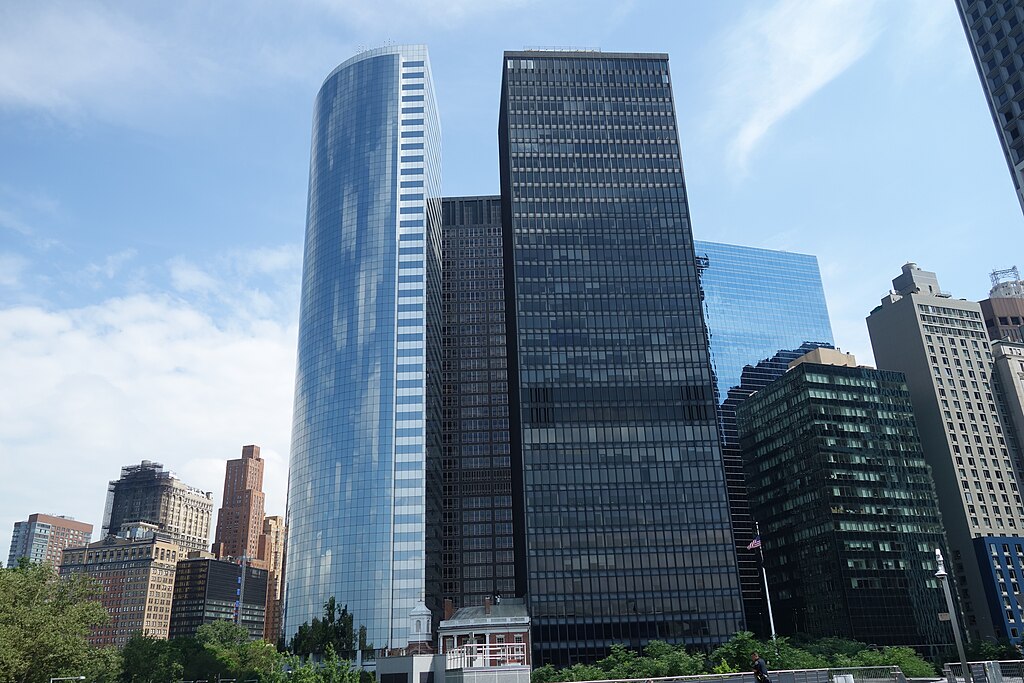On July 7, Bitcoin transfer fees fell to $38.69, matching 2020 pandemic levels, amid reduced block space demand.
Bitcoin Prices Amid Transaction Cost Reduction
At $38.69 on July 7, the average rate for a Bitcoin transaction hit a four-year low, matching the peak of the COVID-19 epidemic in 2020.
According to Cointelegraph, the daily cost per Bitcoin transaction is set by the total number of transactions completed and the money earned by the miners. When transaction prices dropped on July 7 as a result of two major factors—a decrease in demand for block space and data volume—Bitcoin was trading above $58,200.
Data from Ycharts indicates that on July 7, Bitcoin miners processed a total of 673,752 transactions over the Bitcoin network. Ordinals(0.7%), BRC-20(4.1%), and Runes(5.4%) used up the remaining bandwidth, while Bitcoin accounted for 89.7 percent of all transactions.
Reduced Network Difficulty Eases Miner Burden
The day's earnings from Bitcoin miners amounted to 1.14 percent of the total transaction volume, which is consistent with the average share over the previous six months. Miners were able to execute transactions with relatively less processing effort because to lowered network difficulty, even though average transaction prices were lower.
According to market intelligence firm CryptoQuant, Bitcoin miners are exhibiting symptoms of "capitulation" due to the tightening of profit margins in the post-halving environment and the precipitous decline in the price of BTC, which is approaching $50,000.
When miners cut operational costs or sell off some of their Bitcoin revenues to keep afloat under uncertain market conditions, it's called capitulation.
Implications of Miner Capitulation for the Bitcoin Market
The phrase "miner capitulation" has been historically associated with a bottom in the Bitcoin market, according to a report. This indicates that traders who are looking to enter the market at the best time may find it essential to keep a careful eye on the health of miners.


























Comment 0